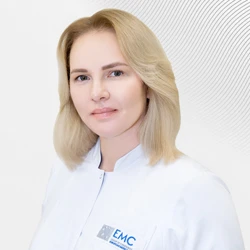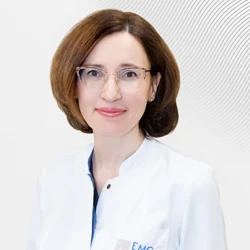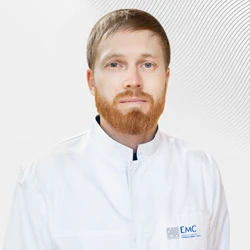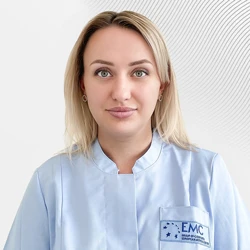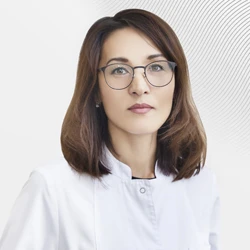Treatment of acute rhinitis in children
Symptoms
Rhinitis in children is usually caused by a variety of viruses and is manifested by difficulty in nasal breathing and the release of mucus from the nose.
A runny nose is an integral part of a cold or acute respiratory viral infection (ARVI) and can be accompanied by sore throat, coughing, sneezing, fever, weakness, and headache.
Treatment of uncomplicated rhinitis
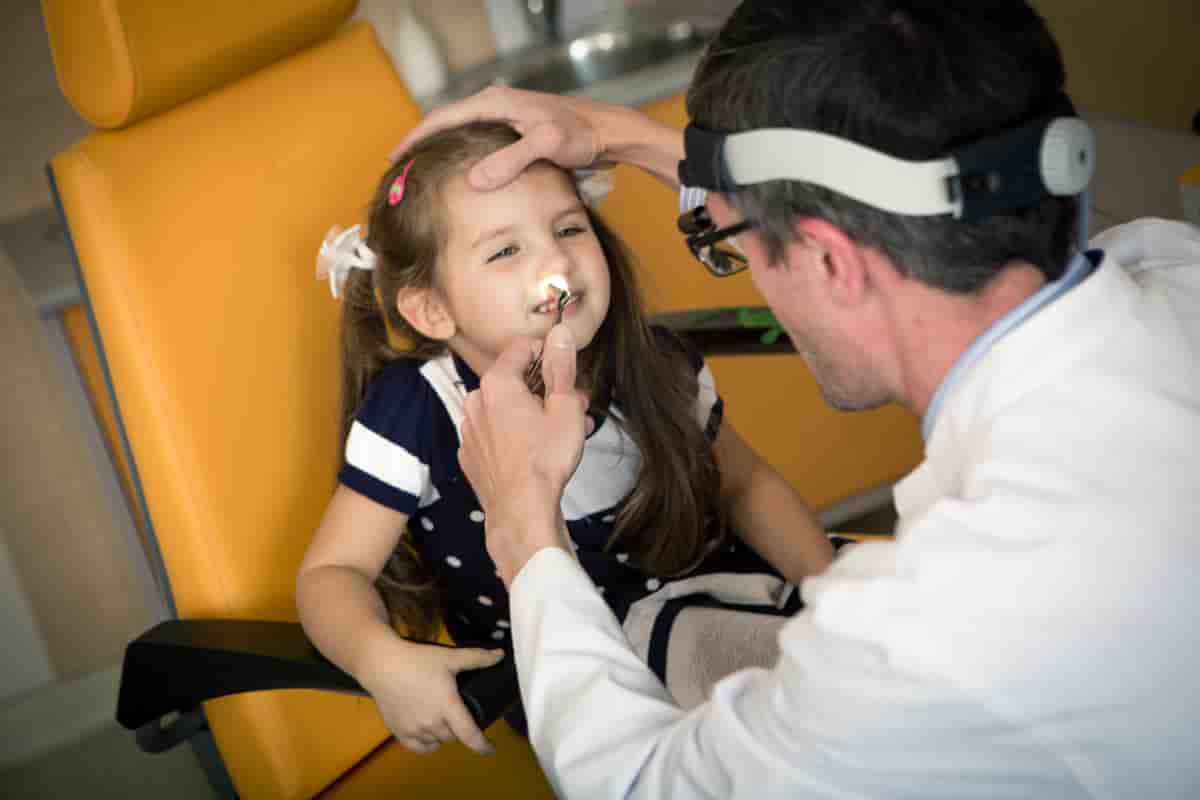 Uncomplicated acute rhinitis in children does not require treatment. Parents should especially be warned against using vasoconstrictor drops containing xylometazoline or oxymetazoline. These substances are known for their side effects, especially dangerous in childhood.
Uncomplicated acute rhinitis in children does not require treatment. Parents should especially be warned against using vasoconstrictor drops containing xylometazoline or oxymetazoline. These substances are known for their side effects, especially dangerous in childhood.
The most optimal treatment is moistening the nasal mucosa with saline solutions, which are widely available in pharmacies. You can also use pharmacy saline solution (0.9% NaCl solution). In the early days, when the runny nose is especially severe, it is necessary to use saline solutions more often, it is permissible to moisten the nose every hour. Subsequently, the weaker the runny nose, the less often there is a need for this procedure. Children under 2 years of age should have saline solution injected into their nose with a pipette, and sprays can be used to treat children over 2 years of age. Do not rinse your nose with plenty of salt water or do it under pressure, such intensive rinsing can cause complications, such as an ear infection.
Give your child more warm drinks and humidify the air in the nursery. You can lift the headboard of the bed to facilitate nasal breathing during sleep.
Rhinitis usually lasts from 7 to 14 days and does not require a visit to a doctor. However, complications are possible, the most common are otitis media (especially in children in the first years of life) and sinusitis.
When a doctor's consultation is required:
- there are no signs of improvement after 5-7 days of treatment;
- the child cries constantly;
- the child complains of pain in the ears;
- the temperature is 38 ° C in children of the first 3 months of life;
- repeated increase of body temperature to 40 ° C at any age;
- the temperature does not decrease for 24 hours in a child under 2 years old;
- the temperature does not decrease for 3 days in a child over 2 years old;
- the child drinks poorly, urinates little;
- vomiting, abdominal pain;
- unusual drowsiness;
- severe headache;
- tension of the neck muscles;
- respiratory disorders;
- constant cough.
The color of nasal discharge is not a sign of a complication of the disease. In the normal course of the disease, upon recovery, nasal mucus usually becomes thick and greenish, which many parents mistakenly perceive as a symptom of incipient sinusitis.
It is considered normal for a child of 3-5 years old attending kindergarten to carry about nine acute respiratory viral infections during the year. Babies usually get sick much less often, however, if there is an older child in the family, he can infect the baby every time. If the child gets sick more often, or each runny nose lasts for several weeks, it makes sense to contact a pediatrician to rule out possible causes of immune disorders and to an otorhinolaryngologist. The pediatrician will order an examination to determine the parameters of iron and vitamin D, and the otorhinolaryngologist will check if there are any concomitant diseases of the upper respiratory tract that provoke rhinitis.
Chronic rhinitis in children: diagnosis, treatment
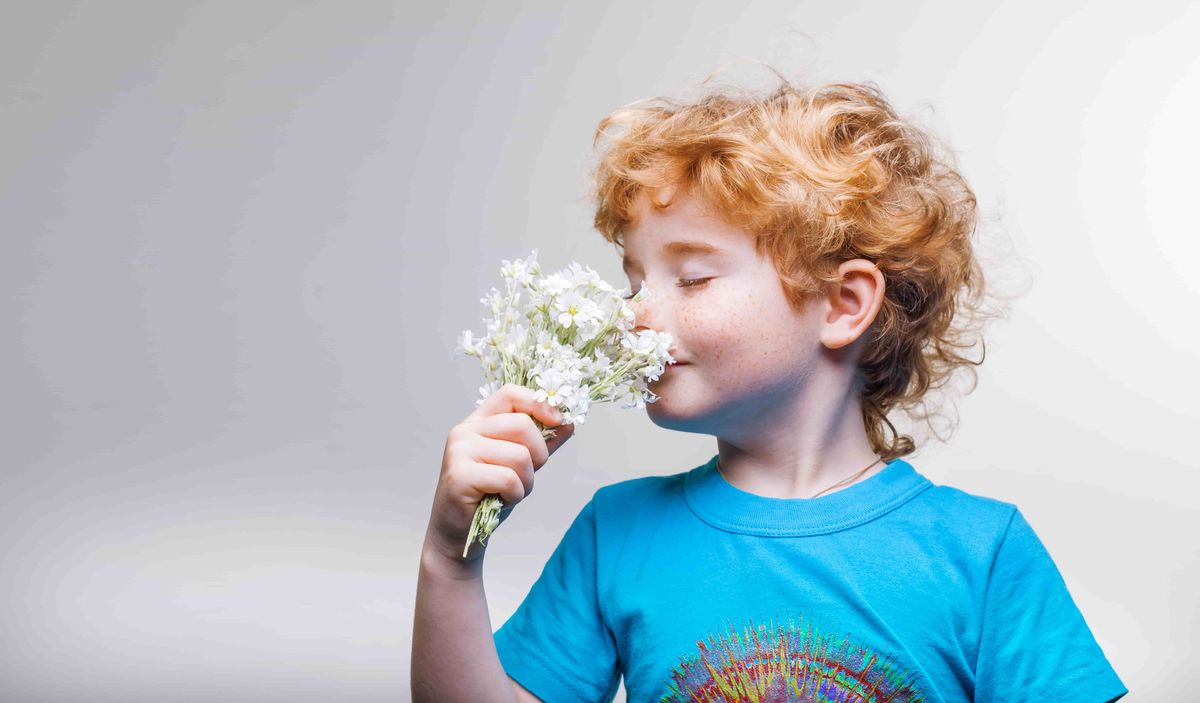 If the child's difficulty in nasal breathing persists for 2 weeks, there is nasal discharge or dry crusts, periodic coughing appears, especially when lying down, snoring at night, the baby sneezes, complains of stuffy ears, most likely, it is about the development of chronic rhinitis. Treatment of rhinitis with vasoconstrictive drugs, curvature of the nasal septum after injuries during the period of accelerated growth of the child can provoke the appearance of chronic rhinitis.
If the child's difficulty in nasal breathing persists for 2 weeks, there is nasal discharge or dry crusts, periodic coughing appears, especially when lying down, snoring at night, the baby sneezes, complains of stuffy ears, most likely, it is about the development of chronic rhinitis. Treatment of rhinitis with vasoconstrictive drugs, curvature of the nasal septum after injuries during the period of accelerated growth of the child can provoke the appearance of chronic rhinitis.
Vasomotor rhinitis is more often not associated with acute respiratory viral infections. It occurs due to a violation of the regulation of vascular tone of the nasal mucous membranes and can be triggered by pathology of the gastrointestinal tract (acidic stomach contents being thrown into the esophagus during reflux disease), a change in the function of the thyroid gland with prolonged exposure to cold.
Seasonal (allergic) rhinitis in children has a different clinical picture and occurs during pollen accumulation during the flowering period in a particular region. Seasonal rhinitis is accompanied by frequent sneezing, "allergic salute" (frequent involuntary rubbing of the tip of the nose), lacrimation, an abundance of watery discharge from the nose, and impaired sense of smell.
If you have a prolonged or recurrent cold, you should consult an ENT doctor . In the Children's Clinic, an endoscopic examination of the nasal cavity, a smear on the cellular composition of nasal secretions and bacteriological tests are performed to clarify the diagnosis. Additionally, an X-ray examination or computed tomography may be performed. Based on the results, the doctor determines the causes of the disease and the methods of treatment.
In some cases (with hypertrophic form of chronic rhinitis, nasal cavity polyposis, adenoid growths) surgical correction is required. In the Children's Clinic, preference is given to minimally traumatic endoscopic techniques. Surgical treatment is performed by the attending physician, who personally accompanies the entire therapeutic process. In the comfortable hospital of the clinic, along with single and double rooms, there are family-type rooms designed for 4 people.
If seasonal rhinitis is detected and allergic eosinophil cells appear in the nasal smear, an allergist's consultation is required . The doctor will identify allergens, prescribe antiallergic drugs and specific desensitizing therapy.
In case of vasomotor rhinitis, especially when it is combined with the appearance of unusual breath odor, discoloration of tooth enamel or plaque formation, unstable stool, consultation is not superfluous pediatric gastroenterologist. He will diagnose to exclude gastric reflux, including an ultrasound test with water, in older children - gastroscopy (possible in conditions of drug-induced sleep), prescribe anti-reflux and pathogenetic treatment, and develop an individual diet.
In any case, the appearance of signs of chronic rhinitis is a reason to immediately contact the specialists of the EMC Children's Clinic at the address: Moscow, Pravdy str., 15, p. 1.
Why the EMC
The first and only clinic in Russia, created in the image of the world's leading clinics
EMC is a multidisciplinary center offering patients a high level of medical services and a personalized approach
Worldwide recognition and awards
 Learn more
Learn more
Worldwide recognition and awards
 Certificates and licenses
Certificates and licenses
Make an appointment for a consultation
Specify your contacts and we will contact you to clarify the details
Reviews
and new products of the EMC


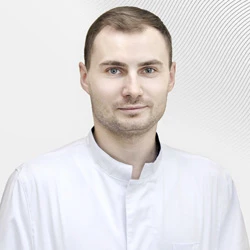
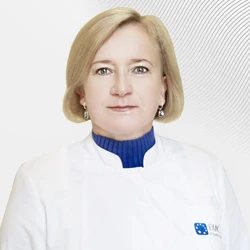
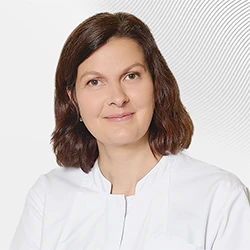

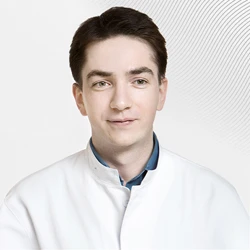
.webp)
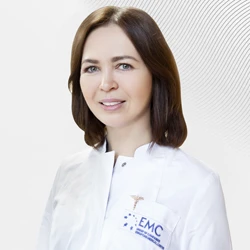
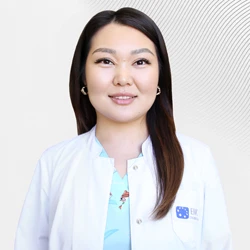

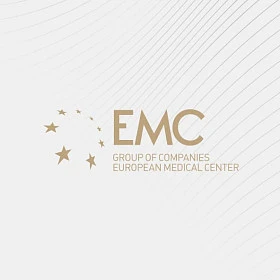
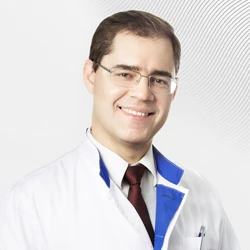
.webp)
